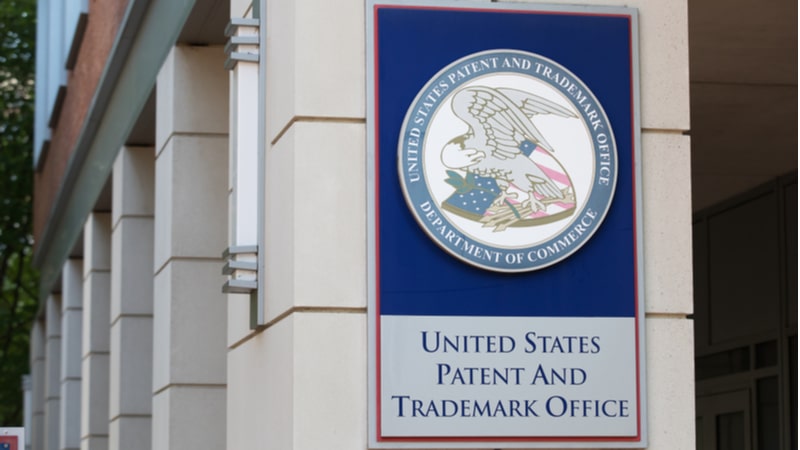
The U.S. Patent and Trademark Office (USPTO) issued a guidance update today on patent subject matter eligibility to address innovation in critical and emerging technologies, including in artificial intelligence (AI).
This guidance update – which goes into effect on July 17 – will assist USPTO personnel and stakeholders in determining subject matter eligibility of AI inventions.
The guidance update, required by President Biden’s October 2023 AI executive order, includes three examples of how to apply USPTO’s subject matter eligibility guidance throughout a wide range of technologies.
“The USPTO remains committed to fostering and protecting innovation in critical and emerging technologies, including AI,” said Under Secretary of Commerce for Intellectual Property and Director of the USPTO Kathi Vidal. “We look forward to hearing public feedback on this guidance update, which will provide further clarity on evaluating subject matter eligibility of AI inventions while incentivizing innovations needed to solve world and community problems.”
The three new examples provide additional analyses of hypothetical claims in certain situations to address particular inquiries, such as whether a claim recites an abstract idea or whether a claim integrates the abstract idea into a practical application, USPTO said. The new examples are intended to assist USPTO personnel in applying USPTO’s subject matter eligibility guidance to AI inventions during patent examination, appeal, and post-grant proceedings.
The three new examples illustrate the application of the eligibility analysis to claims that recite:
- Limitations specific to AI, particularly the use of an artificial neural network to identify or detect anomalies;
- AI-based methods of analyzing speech signals and separating desired speech from extraneous or background speech; and
- An AI model that is designed to assist in personalizing medical treatment to the individual characteristics of a particular patient.
“These examples are intended to assist USPTO personnel and the public in understanding the proper application of the USPTO’s subject matter eligibility guidance in certain fact-specific situations, such as whether a claim recites an abstract idea or whether a claim integrates the abstract idea into a practical application, because the claimed invention improves the functioning of a computer or another technology or technical field and thus is not ‘directed to’ the abstract idea,” the new 31-page guidance states.
The USPTO will accept public comments on the guidance update and the examples through Sept.16.
Today’s AI guidance follows USPTO’s announcement earlier this year on inventorship guidance for AI-assisted inventions.
